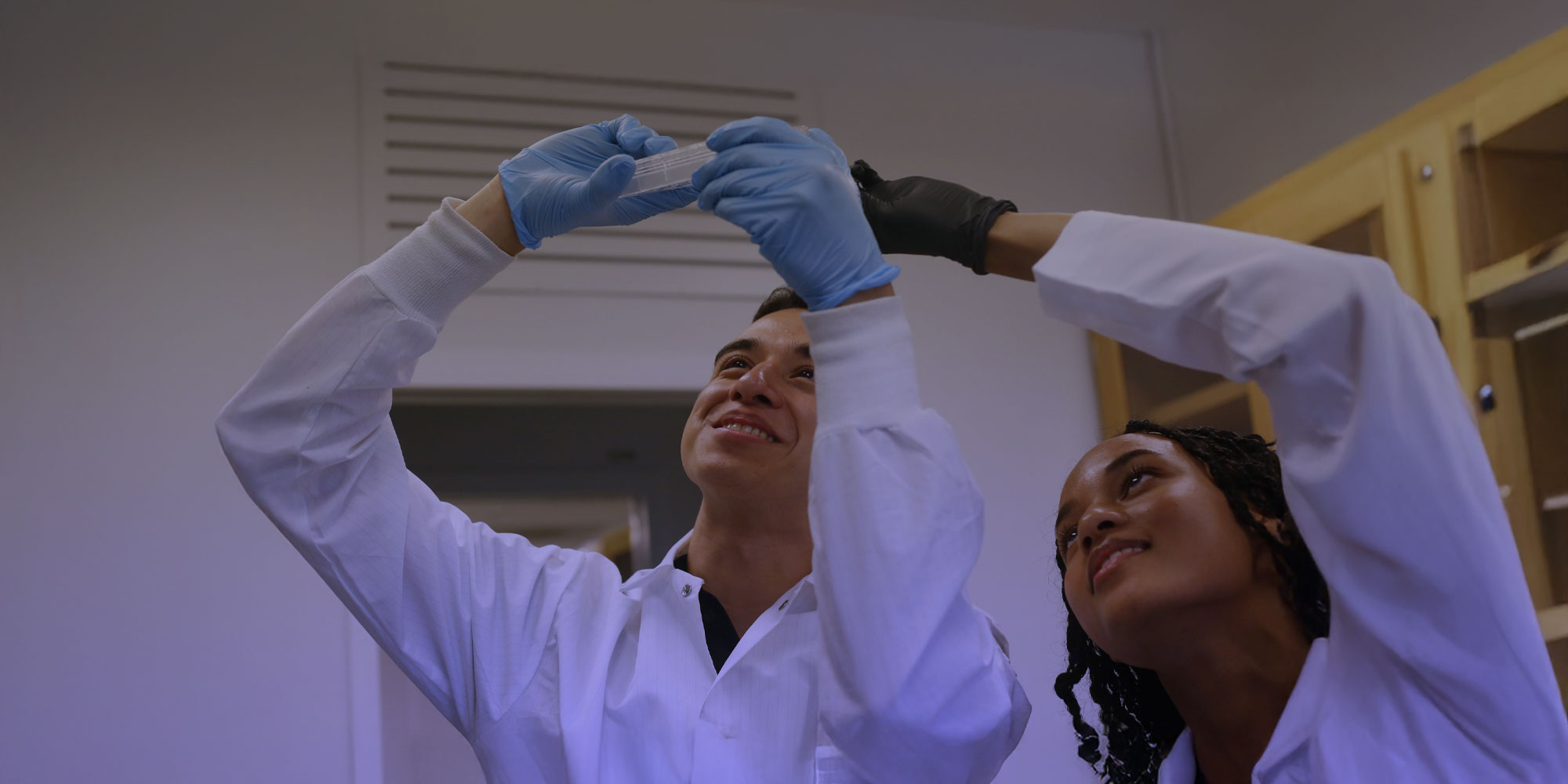
IGI Partners With New MRC Centre of Research Excellence in Therapeutic Genomics
Long-term international partnership will initially focus on genetic therapies for disorders of the blood, eye, and brain.
The UK’s Medical Research Council (MRC) announced today the launch of its first two Centres of Research Excellence (CoRE), which will develop transformative new advanced therapeutics for currently untreatable diseases. The new CoREs will receive up to £50 million each over 14 years. The Innovative Genomics Institute is partnering with the new MRC CoRE in Therapeutic Genomics, which aims to transform the diagnosis and treatment of genetic disorders by enabling the mass development of cutting-edge genetic therapies. The goal is to develop therapies for many devastating genetic disorders that are currently untreatable, such as rare disorders that cause severe seizures in infants and neurodevelopmental delay, certain types of blindness and immune disorders, and severe neurological disorders such as Huntington’s Disease.
Recent breakthroughs in genomics and the first generation of genetic therapies have begun to revolutionize the treatment of a few genetic disorders. However, the process to create, test, and approve each new therapy is too slow and expensive to enable treatments to be developed for the thousands of genetic disorders being diagnosed. To overcome this, the Centre aims to develop processes to take successful genetic therapies and reprogram them to treat new disorders. The new Centre will also use artificial intelligence approaches to enable scientists to process huge amounts of genetic data from patients at previously unimaginable depth.
“Reprogramming genetic therapies has the potential to treat thousands of genetic disorders. The new Centre will help create a paradigm shift in the knowledge, infrastructure, technology, and industry regulation so that we can make safe and effective patient-customized therapies en masse,” says Professor Stephan Sanders who is co-directing the new MRC CoRE in Therapeutic Genomics Professor Deborah Gill from the University of Oxford.
The Centre is partnering with Innovative Genomics Institute researchers, including IGI founder Jennifer Doudna, Director of Technology & Translation Fyodor Urnov, and Clinical Laboratory Director Petros Giannikopoulos, as well as collaborators from other international research institutes and key industry partners.
“As soon as we discover which genetic mutation is causing a disease, we need established techniques to quickly create a targeted and accessible treatment. Right now, getting each gene therapy approved is a multimillion-dollar exercise that starts from square one each time even when many of the steps are the same. This isn’t economical for rare diseases and isn’t necessary in most cases,” says Doudna. “We need to find a way to develop genetic therapies at affordable prices, and we need to work with regulators and industry to make this happen.”
The researchers will initially focus on developing genetic therapies for disorders of the blood, eye, and brain. The knowledge gained from treating these disorders will be shared widely, enabling these approaches to be extended to increasingly large numbers of disorders and organs by multiple research groups.
Read the full press release here.
Media contact: press@ukri.org
You may also be interested in

Wolf Prize Laureate Brian Staskawicz on 40 Years of Plant Immunity Research

Announcing the Rising Stars Program: A New Collaboration Between the IGI and Historically Black Colleges and Universities

Breakthrough Method Enables Rapid Discovery of New Useful Proteins
